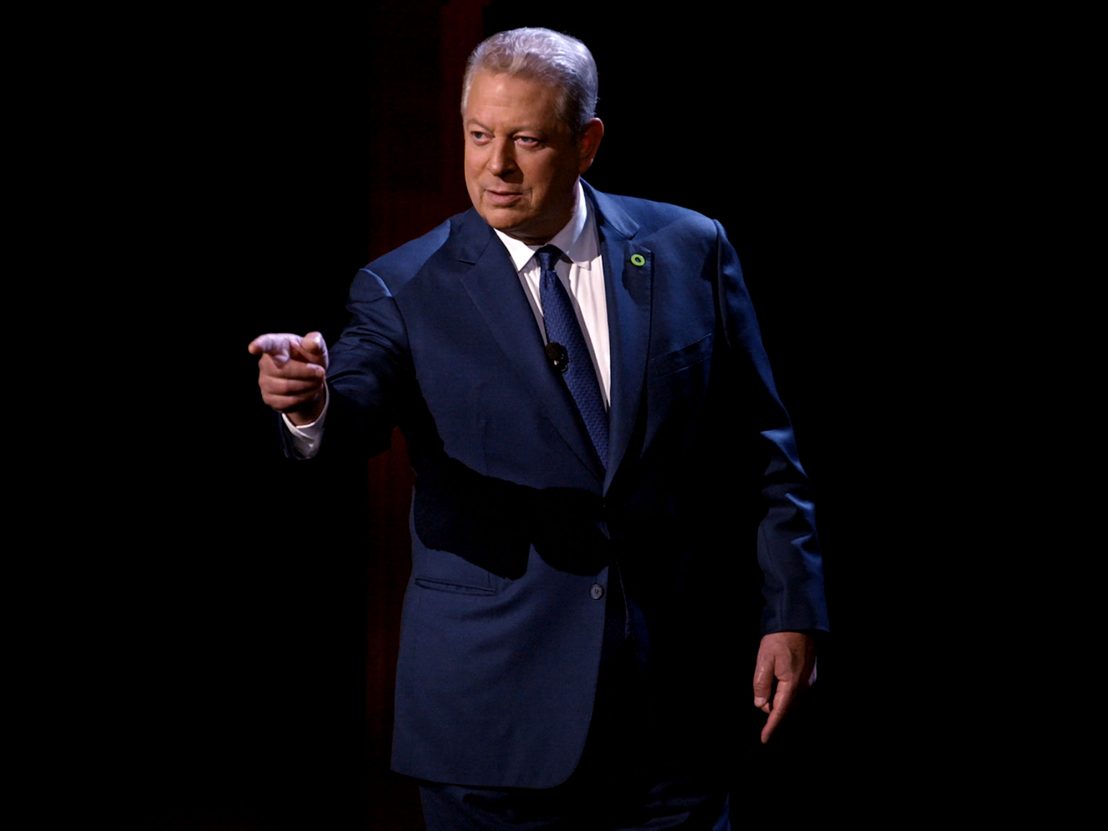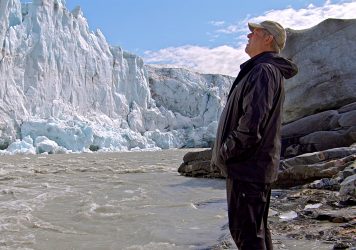
Former Vice President Al Gore is back at the lectern with An Inconvenient Sequel, the follow up to 2006’s An Inconvenient Truth. Both a validation of the first film’s warnings and an update of their efforts, it takes us up to the landmark 2016 Paris Climate Change Agreement.
Yet many of the issues the first film highlighted still haven’t been addressed. The government of Gore’s own country has withdrawn from the Paris Agreement, with official bodies even discouraging the term climate change from any public releases. The debate rages on, with some very powerful quarters even challenging the existence of climate change. So, did the first film make a difference? Can any documentary realistically hope to have a tangible impact on the world?
Gore won an Oscar, a Nobel Peace Prize and numerous other awards for the first film a decade ago. A mixture of a TED talk and a concert movie, it was the filmed version of a speech Gore had given numerous times on the impact we are having on the world, finding itself at the centre of a mid-2000s movement to a more concerted effort to protect the environment. It prompted numerous studies, became part of the curriculum in many countries, and in general put the subject on the worldwide agenda. Gore became a kind of activism pop star – quite literally, as he found himself on stage at Giants Stadium during one of the Live Earth concerts.
The film has done a lot to raise awareness, but actually getting those in the seat of power to act takes more than box office figures. Politicians have been slow to make progress, with events such as the global economic crisis stealing the headlines over the years. The Trump Administration must feel like another setback, but there’s no denying the reach and education An Inconvenient Truth has had in little over a decade. “The problems are worse but the solutions are here,” as Gore recently put it during an interview with Bernie Sanders, and perhaps the best both of his films can hope to achieve is to popularise those solutions.
While Gore’s film attempted to change the world’s approach, other films have enjoyed more dramatic success on smaller targets. 2013’s Blackfish had a very direct impact on SeaWorld’s fortunes, both in terms of reputation and financial bottom line. In March 2016, less than three years after the film’s release, SeaWorld announced it would end all live shows featuring Orcas, as well as its breeding programme. It’s difficult to point to anything other than the Sundance hit when wondering why such dramatic action happened so quickly.
But beyond environmental issues there are numerous examples of documentaries making a difference. Propaganda series Why We Fight was Frank Capra’s wartime call to arms in response to Leni Riefenstahl’s Triumph of the Will – arguably two of the most impactful documentaries ever made. On a smaller scale, Michael Moore’s Bowling for Columbine ends with a triumphant Moore being told that Kmart would cease selling handgun ammunition; while the option to swap your fries for carrot sticks at McDonald’s has a lot to do with Morgan Spurlock’s Supersize Me.
Saving the planet may be too much to ask, but provided the expectations are realistic documentaries can have an enormous impact on the way we see the world that surrounds us. Great documentaries create a clear, concise discourse that allow people to engage with the subject at hand. Whether people agreed with Gore or denounced him, he put environmental concerns into the mainstream in a way that few had done before. An Inconvenient Sequel may struggle to overturn government policy, but it will ensure the warnings of 2006 are not forgotten.
Published 17 Aug 2017

By Katy Vans
Now more than ever, filmmakers are fighting to give a voice to the disaffected, the poor and the oppressed.

An impassioned Al Gore returns to explain (again) how climate change is killing the planet and what we can do to save it.

Some of the world’s leading documentarians take the pulse of an ever-changing artistic medium.